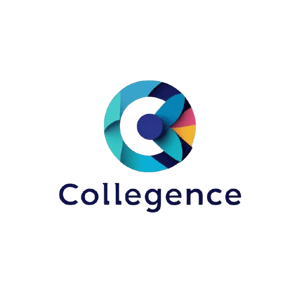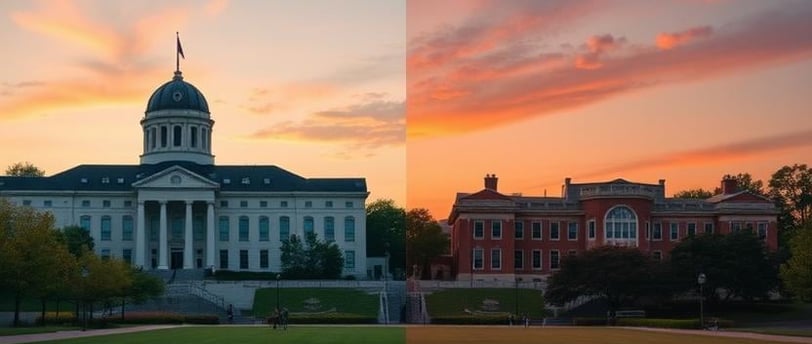Story 2: Priya Made a Data-Driven Choice—And Secured Her Dream Job
Priya had always been fascinated by biotechnology. But when her admission results came out, she had multiple options. Instead of blindly choosing the "top-ranked" college, she took a different approach—she researched.
She looked into faculty experience, placement records, industry connections, and internship opportunities. After weeks of research, she picked a lesser-known college that had the highest placement rate in biotech firms.
Fast forward four years, Priya landed her dream job at a top pharmaceutical company, while many of her friends from “big name” colleges were still struggling with internships.
👉 Lesson: Research beyond rankings. A well-connected college in your field is more valuable than a famous one with weak industry exposure.
Story 3: Rahul Chose a Cheap College—And Paid the Price
Rahul grew up in a middle-class family and wanted to save his parents money. So, he chose a college with the lowest tuition fees, ignoring placement reports or faculty quality.
By the time he graduated, he realized his mistake. The course was outdated, internships were rare, and the companies that came for placements offered poor salaries or no jobs at all. Rahul had to spend an extra year doing online courses and certifications just to become employable.
One day, he met an old friend who had chosen a slightly expensive college but got placed in a top company right after graduation. That’s when Rahul realized: saving money on tuition cost him time, effort, and lost opportunities.
👉 Lesson: A cheap college with no industry exposure can be more expensive in the long run. Consider the return on investment (ROI) instead of just tuition fees.
Story 4: Kavya Chose Fun Over Future—And Struggled Later
Kavya was excited about college life. She wanted a place with the best campus life—festivals, sports, clubs, and a vibrant social scene. And she got exactly that.
But when it came to placements, she faced a harsh reality. The professors were rarely available, career guidance was weak, and there was no strong alumni network to help with job referrals.
After graduation, while her classmates were celebrating job offers, Kavya found herself struggling. She had to rely on LinkedIn, apply for jobs tirelessly, and eventually accept an internship instead of a full-time job.
👉 Lesson: A great campus life is a bonus, but academics, industry exposure, and placement records should be your priority.
How Can You Choose the Best College for Your Future?
✅ 1. Define Your Career Goals
Before selecting a college, ask yourself:
What do I want to do after graduation?
Do I want to study further or get a job immediately?
What skills and industry connections do I need?
🔍 2. Research the Course, Not Just the College
A top college with a weak course won’t help. Analyze:
💼 3. Placement Records Matter More Than Reputation
A lesser-known college with strong placements is better than a famous one with poor job prospects. Check:
💰 4. Calculate ROI – Not Just Fees
Consider:
Tuition fees vs. expected salary after graduation
Scholarships and financial aid opportunities
Additional certifications required after college
🌍 5. Location & Industry Exposure
Colleges near industry hubs (like Bengaluru for IT, Mumbai for finance) offer better networking and internship opportunities.
Remote locations may lack industry exposure but offer peaceful environments for research-focused fields.
📊 6. Use a Data-Driven Approach Instead of Guesswork
Platforms like Collegence help students analyze:
Personality alignment with career choices
Best-fit colleges based on multiple factors
Industry trends and future job prospects
Final Thoughts: Your Decision, Your Future
Aman, Priya, Rahul, and Kavya all made different choices. Which one will you be? Your college decision should be based on facts, not luck. Make an informed choice and secure your future with data-driven insights.
📌 Want a personalized college selection report based on data, trends, and your unique profile? Explore Collegence today! 🚀










